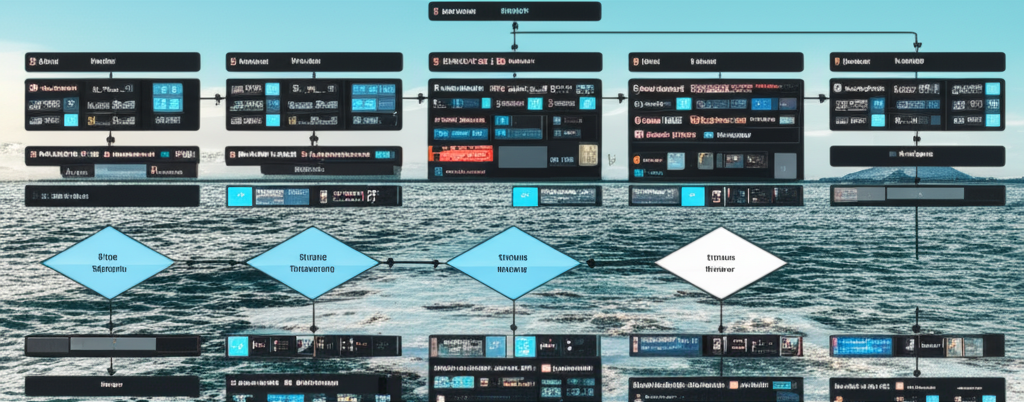What are AI Workflows?
AI workflows are intelligent automation systems that combine artificial intelligence with business process automation to create adaptive, self-improving workflows. Unlike traditional automation that follows rigid rules, AI workflows can make decisions, handle exceptions, and optimize themselves based on data and outcomes.
These systems can process unstructured data, understand context, make intelligent routing decisions, and continuously learn from interactions to improve performance. They bridge the gap between simple rule-based automation and complex human decision-making, enabling businesses to automate sophisticated processes that previously required human intervention.
At Mashup Garage, we design and implement AI workflows that transform how businesses operate, reducing manual effort, improving accuracy, and enabling teams to focus on high-value strategic activities while AI handles routine and complex operational tasks.
